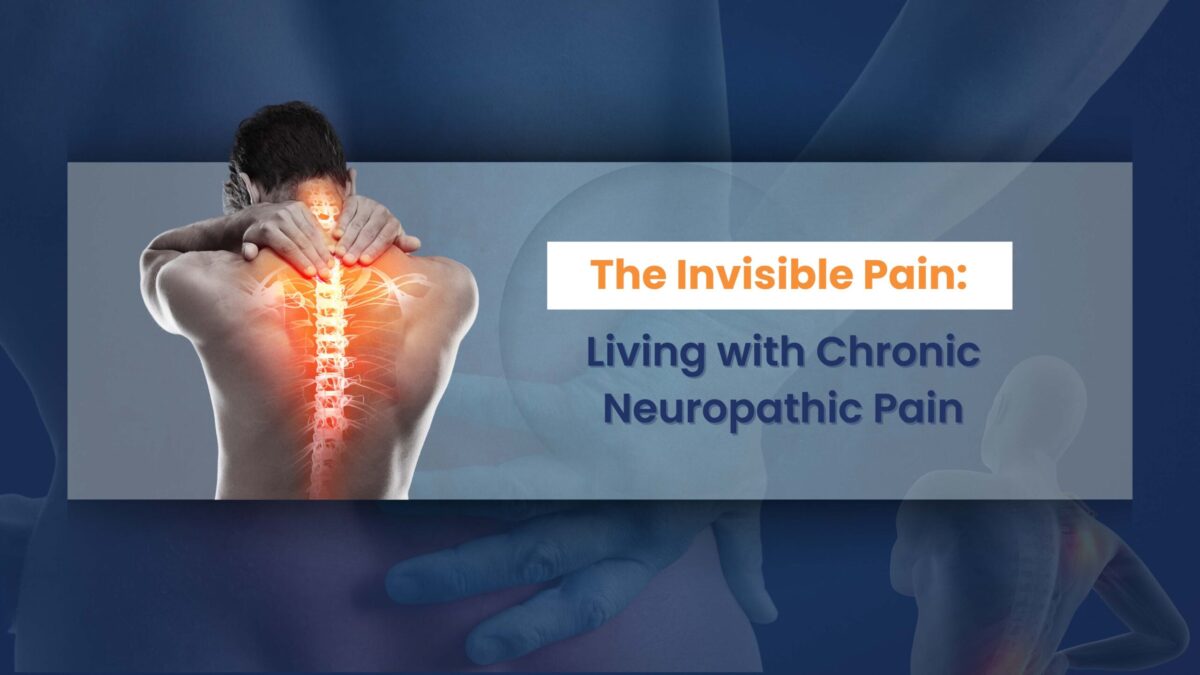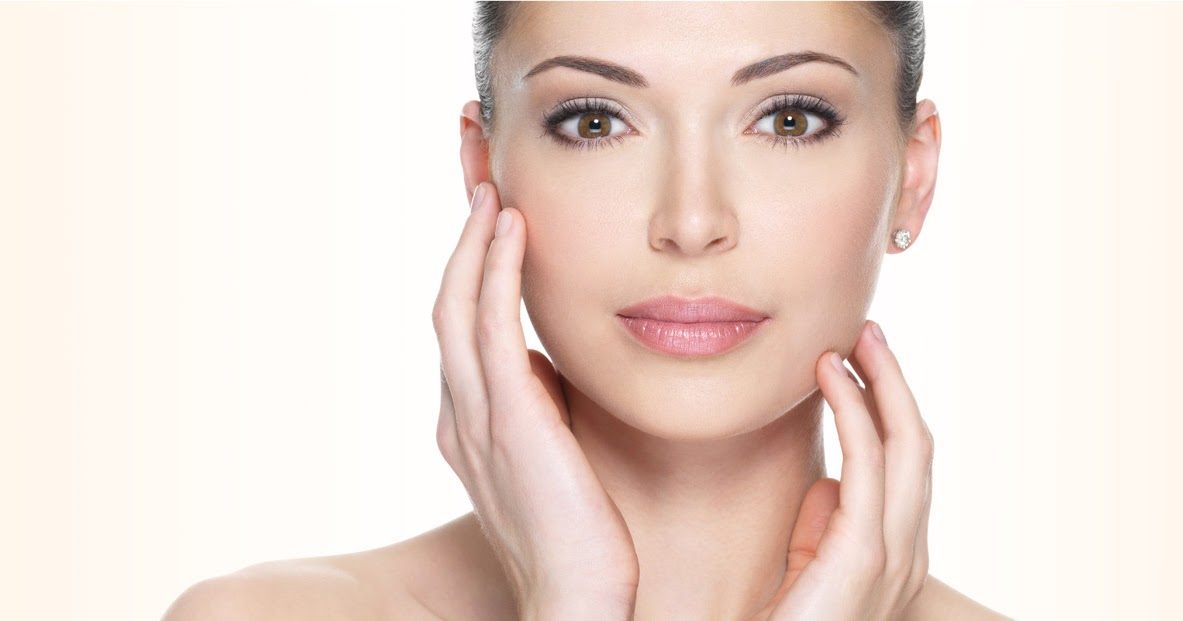Understanding Skin Conditions: An Overview of Rosacea vs Eczema
What is Rosacea?
Rosacea is a chronic skin condition that primarily affects the face, causing redness, visible blood vessels, and, in some cases, acne-like bumps. It’s a condition that can worsen over time if left untreated, and it often occurs in flare-ups. Rosacea can be mistaken for other skin issues, but its trademark facial redness and sensitivity make it unique.
What is Eczema?
Eczema, also known as atopic dermatitis, is a broader skin condition often marked by intense itching, dryness, and inflammation. Unlike rosacea, eczema doesn’t exclusively affect the face and can show up on any part of the body. Eczema is highly common in children but can also persist into adulthood, especially if triggered by allergens or irritants.
Key Differences Between Rosacea vs Eczema
While both (rosacea vs eczema) conditions cause skin irritation and discomfort, their key differences lie in appearance and affected areas. Rosacea generally stays on the face and has symptoms like flushing and visible veins. Eczema, however, can cover a wide area, creating patches of dry, itchy, and sometimes flaky skin.
Identifying Symptoms of Rosacea vs Eczema
Common Symptoms of Rosacea
Rosacea symptoms can vary from person to person but often include:
Facial Redness and Flushing
The hallmark of rosacea is persistent redness across the cheeks, nose, and forehead. This redness is often more noticeable after exposure to triggers like sunlight or stress.
Visible Blood Vessels and Bumps
Small blood vessels may become visible across the nose and cheeks, along with red, acne-like bumps that can be mistaken for adult acne.
Eye Irritation and Sensitivity
Ocular rosacea affects the eyes, causing symptoms like dryness, irritation, and even eyelid swelling, which can lead to a gritty sensation in the eyes.
Common Symptoms of Eczema
Eczema symptoms are also varied but are often consistent in their irritation and itchiness:
Dry, Itchy, and Inflamed Skin
Eczema leads to severe itching, which is usually the first symptom. The skin becomes dry and inflamed, creating uncomfortable patches that may be difficult to ignore.
Rash Appearance and Severity
The rash caused by eczema can range from mild to severe and may spread across large areas, particularly in the creases of the skin, like elbows, knees, and neck.
Scaly and Rough Skin Texture
As eczema progresses, it often leads to a rough, scaly skin texture that can even thicken if scratched repeatedly.
Triggers for Rosacea and Eczema
What Triggers Rosacea?
Rosacea can flare up due to a variety of triggers, including:
Environmental Factors
Extreme temperatures, wind, and sun exposure are known culprits that can worsen rosacea symptoms.
Lifestyle and Dietary Triggers
Certain foods, especially spicy foods, alcohol, and caffeine, can lead to rosacea flare-ups. Lifestyle factors like stress or strenuous exercise also play a role.
Emotional and Physical Stressors
Stress and physical exhaustion often act as silent triggers, leading to a sudden rosacea flare-up.
What Triggers Eczema?
Eczema, like rosacea, has its own unique triggers:
Environmental and Allergen Triggers
Exposure to allergens like pollen, dust mites, and pet dander can activate eczema symptoms. Even low humidity or cold air can dry out the skin, triggering eczema.
Dietary and Lifestyle Factors
Foods like dairy, soy, and gluten can aggravate eczema in certain individuals. Additionally, stress, a lack of sleep, and irregular skincare routines can worsen symptoms.
Genetic Predisposition
Eczema often has a genetic link, meaning if your parents have eczema, you may have a higher chance of developing it.
Diagnosing Rosacea and Eczema
How Dermatologists Diagnose Rosacea
Dermatologists diagnose rosacea through a physical examination and may ask questions about lifestyle and symptom history. In some cases, they might recommend specific tests to rule out other skin conditions.
Methods for Diagnosing Eczema
Diagnosing eczema involves examining the skin, identifying symptoms, and sometimes conducting allergy tests to determine specific irritants causing flare-ups.
Effective Treatments for Rosacea vs Eczema
Treatment Options for Rosacea
Managing rosacea requires a multifaceted approach:
Topical and Oral Medications
Dermatologists may prescribe topical treatments to reduce redness and oral antibiotics for severe cases to control inflammation.
Laser and Light Therapy
For those with visible blood vessels, laser and light therapies can be beneficial, targeting and shrinking the vessels to reduce redness.
Lifestyle and Skincare Modifications
A gentle skincare routine and avoiding triggers can make a world of difference in controlling rosacea flare-ups.
Treatment Options for Eczema
Managing eczema focuses on maintaining skin hydration and reducing inflammation:
Moisturizing and Skin Barrier Repair
Eczema sufferers often benefit from thick moisturizers and barrier creams that lock in moisture and prevent skin from drying out.
Anti-Inflammatory Treatments
Topical corticosteroids and other anti-inflammatory creams help manage intense itching and redness associated with eczema.
Lifestyle and Allergen Management
Avoiding known allergens, establishing a sleep routine, and reducing stress are essential parts of managing eczema long-term.
Preventive Tips for Managing Rosacea and Eczema
Tips to Avoid Rosacea Flare-Ups
Use sunscreen daily, avoid known triggers, and manage stress to keep rosacea under control.
Tips to Minimize Eczema Outbreaks
Keeping skin moisturized, wearing loose clothing, and avoiding harsh chemicals can help minimize eczema symptoms.
Choosing the Right Skincare for Sensitive Skin
Ingredients to Avoid for Rosacea and Eczema
Avoid products with alcohol, fragrances, and harsh exfoliants, as these can irritate sensitive skin further. Use fragrance-free cream.
Best Skincare Ingredients for Soothing Sensitive Skin
Look for ingredients like hyaluronic acid, ceramides, and niacinamide to help soothe and repair the skin barrier.
Conclusion
Managing rosacea vs eczema can be challenging, but understanding the symptoms, triggers, and treatment options for each condition is the first step toward relief. By taking preventative steps, choosing the right skincare, and seeking medical advice when needed, you can reduce flare-ups and lead a more comfortable life with your skin condition.
FAQs
- Can rosacea turn into eczema or vice versa? Rosacea and eczema are distinct conditions with different causes, so one doesn’t turn into the other. However, you can have both simultaneously.
- How can I tell if I have rosacea or eczema? A dermatologist can provide a proper diagnosis, but generally, rosacea affects the face with redness, while eczema appears as dry, itchy patches on various body parts.
- Are there home remedies to treat rosacea and eczema? Home remedies like gentle moisturizing, using a humidifier, and avoiding triggers can help, but consulting a dermatologist is always best.
- Can diet changes help with rosacea or eczema? Yes, certain dietary changes can reduce symptoms. Avoiding spicy foods, alcohol, and allergens can benefit both conditions.
5. Is there a permanent cure for rosacea or eczema? Currently, there’s no permanent cure for either condition, but symptoms can be managed with proper treatment and lifestyle adjustments.




